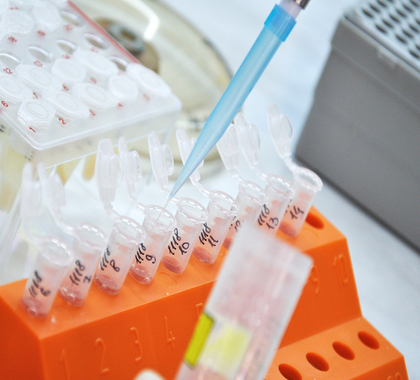National insurer United Healthcare is now providing insurance coverage for tests designed to predict how an individual’s genes will respond to drug treatment, despite the U.S. Food and Drug Administration (FDA) declaring it does not yet endorse the technology.
Known as pharmacogenomics testing, the procedure uses multigene panels to guide physicians on drug treatment, says Dr. Roger Klein, M.D., J.D, a faculty fellow at Arizona State University and policy advisor to The Heartland Institute, which publishes Health Care News.
“The tests analyze genetic variations involved in drug metabolism to predict the response to a particular therapy or the likelihood of side effects,” said Klein.
In a “safety communication” on October 31, 2018, the FDA issued a warning against pharmacogenomics testing, stating it has not reviewed such tests and “clinical evidence is not currently available for these genetic tests or software programs [that interpret genetic information]” and “claims are not supported for most medications.”
Urges Caution
Determining the effectiveness of drug therapy is an attractive prospect not just for doctors and patients, but third-party payers who bear the costs of prescription drugs.
Klein says FDA’s hesitation to endorse the tests is not surprising.
“[It] is wrapped up into FDA’s history of trying to regulate clinical and medical laboratories over the objections of many pathologists and other physicians and laboratory service providers,” said Klein.
The services in question have great potential, but they may be subject to error and abuse, says Klein.
“Although there appears to be relationships between certain genetic variants and drug metabolism, it is often not clear how to use this information in medical settings for individual patients,” said Klein. “There have also been instances of fraud and abuse involving these types of tests, most recently as part of reported scams promoted to Medicare beneficiaries at health fairs and in similar settings.”
Until more data is available, doctors and patients should proceed with caution, says Klein.
“Patients should always ask questions about any services they do not understand, including these pharmacogenetic tests,” Klein said. “In some cases, changing medications or doses on the basis of these tests without involvement of their physicians can be harmful or even dangerous.”
Kelsey E. Hackem ([email protected]) writes from Washington.




